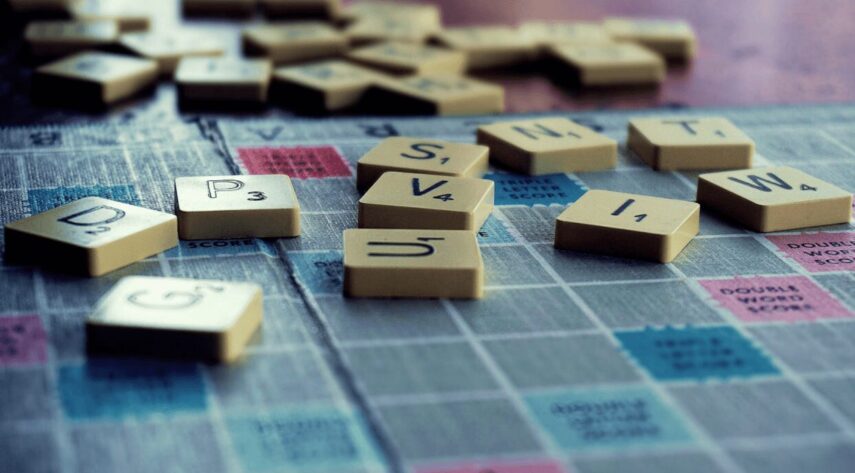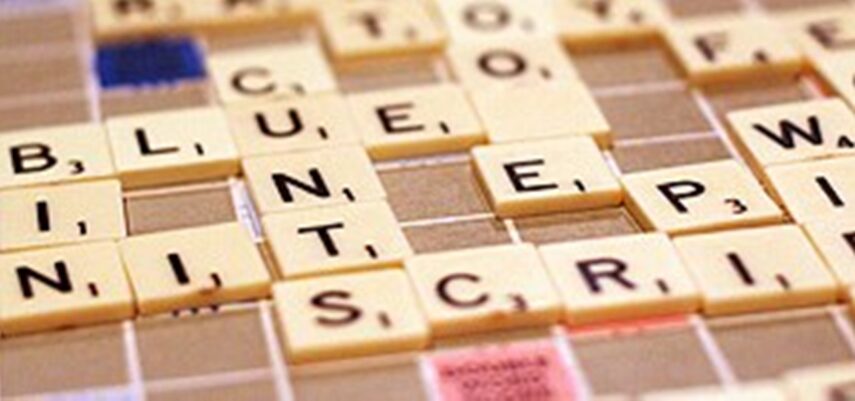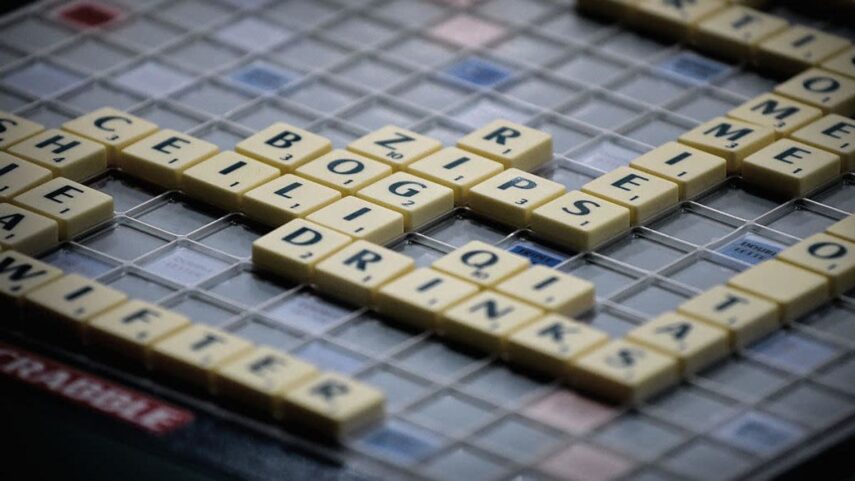Known as one of the simplest, but also the most engaging word puzzles, an anagram is considered as a puzzle where the letters in a phrase, word, or sentence get rearranged to form another phrase, sentence, or word. The concept of an Anagram is nothing complicated but straightforward.
What will be the Anagram of Anagram itself?

The phrases can be reordered from the word “Anagram” such as “nag a ram”. The plurals can be rearranged in the Latin phrase “ars Magna,” which means great art. The Anagram is itself taken from a Greek word known as anagrammatizes; ana – “again”, “up”, “now”, “back”; gram – letter.
While composing anagrams, it will be beneficial for you to know that the puzzle’s starting words are called subject. Phrases or words formed subsequently, by ordering letters in a different form are considered anagrams.
People creating anagrams, for them, the skills are not only finding the fresh ones for the subject but also in diversifying the anagram which is related to a subject in any way.
How can the purpose of an Anagram be defined?
It is not only the source of entertainment or hobby; they also have various other purposes. The most major use of Anagram is using it as a clue if you want to solve any kind of mystery. In Da Vinci Code, “O draconian devil, Oh lame saint”, which was a dialogue in the movie, turned out to be the anagram of “Leonardo da Vinci, The Mona Lisa”.
If we talk about history, Anagrams were used where the discoveries used to be recorded by the pioneers in different fields. By efficiently making a code of their findings, astronomers, scientists, inventors, and some of the same ones hoped to keep the rivals away from their findings and discoveries so that they don’t steal the information.
Presently, Anagram is used as pseudonyms. For various reasons, pseudonyms are used. In many cases because of some legal reasons, the original name is not used.
Whereas, artists like writers or musicians use this word while showcasing their performance, primarily when they have prepared their work in some other genre or style to what they usually do. Pseudonyms also make the environment fresh.
In the end, Anagrams are used for amusement where the witty point can be made or to offer a challenging brain teaser task so that the grey matter remains active.
What is the work of Anagram?

As mentioned earlier, the goal to create Anagrams is rearranging the letters in the phrase or word where some other word or phrase can be formed, usually the one that is related to the subject. Generally, the Anagram uses all the letters which are found in the original word.
The interesting fact is that most Anagrams are created so that the opposite meaning comes in of the original word. The direct antonyms can be used or maybe the words which are directly related to the subject.
Is it necessary for the Anagrams to be real words?
Well, the answer is Yes and No. It is essential for the Anagrams to make sense, but might consist of the places or names along with the proper words. The words with no meaning or the ones that don’t make sense are considered not to be in the good form, as the primary feature of Anagram is coherent meaning.
The Anagram should also be in the context of a relation to the subject. For instance, “German” will be “Mr. Gena”. Without any additional context, the anagram can be considered weak as “gena” might be considered as a legitimate word, which is bird’s anatomy, but it doesn’t make any sense here as “Mr” doesn’t have any meaning to the word “German”.
However, if Mr. Gena was any German teacher, people knowing him or in his educational background, this might be a meaningful example. Unless explained differently, it is better to assume that Anagrams will be proper coherent phrases or words.
Which word comprises various Anagrams?

Many English words can be considered as and given the title of “most anagrams”. Although many words might be having a large context of Anagrams, generally the one having most of them is “spear” (the anagrams are as follows: après, apers, pears, pares, reaps, presa, spear, rapes, spare).
Another one is “least” (its anagrams are as follows: setal, least, stale slate, stela, steal, teals, tales, and tesla). No person can predict the use of Anagrams in the total number of words as its factors are quite complicated.
To learn and know Anagrams, English is the best language. It’s because English has been around for so many years and also the subject of different linguistic influences leading to extensive and diverse vocabulary.
It means various words are there in the language, along with different consonant clusters and diphthongs which are used to broaden the different range of available words. Get to know more about this at unscramble.org.
How to define funny Anagrams?
Anagrams are best not only to make your linguistic skills strong but also to make people giggle. For instance, “slot machine” can be used to make “cash lost in em!”; “evangelist” becomes “evil’s agent”; “intensive care” becomes “I can’t even rise” and in the last “timetable” will be “bet I’m late”.
Additionally in Anagrams consisting of evergreen humorous notes, there also comes the ones which have humorous value for a shorter period, usually while relating to the topical problems.
Anagrams have been here for decades – engaging, intriguing, and a skill test in the creation. Although nowadays, anagrams are found usually in puzzles or as a challenge, from so many years, it has played a major role in various areas.
Whether you want to try creating anagrams or are perfect at solving it, make sure to follow the ancient tradition famous in history. Whether you have started anagram now or are experienced in solving it, they offer an intriguing and exciting word puzzle opportunity that will never go out of style and will even remain as a hobby.







